by Lisa Cooke | Feb 10, 2020 | 01 What's New, Book Club |
After a long day of genealogical research, what could be more satisfying than curling up with a good book about genealogical research?! Nathan Dylan Goodwin’s new book The Sterling Affair promises a satisfying return journey into the life of forensic genealogist Morton Farrier.
(This article includes affiliate links. If you decide to pick up a copy of this book, using our links for which we will be compensated by the book seller helps support our ability to bring author Q&A’s like this to your screen. Thank you!)
Click here to purchase your copy of The Sterling Affair

The Sterling Affair by Nathan Dylan Goodwin
Goodwin sets the scene of his new book as follows:
“When an unannounced stranger comes calling at Morton Farrier’s front door, he finds himself faced with the most intriguing and confounding case of his career to-date as a forensic genealogist. He agrees to accept the contract to identify a man who had been secretly living under the name of his new client’s long-deceased brother.
Morton must use his range of resources and research skills to help him deconstruct this mysterious man’s life, ultimately leading him back into the murky world of 1950s international affairs of state.”
A Conversation with Author Nathan Dylan Goodwin
Don’t worry, we won’t be spoiling the exciting read you have ahead of you. Today I will be chatting with Nathan about his life as an author, his writing process, and how the main character, Morton Farrier, almost didn’t make it past the first book!
Lisa Louise Cooke: The Sterling Affair is your eighth novel in the Morton Farrier genealogical crime mystery series. When you first began writing the series did you imagine an eighth book? And today can you imagine even more?
Nathan: I literally had no concept that there would be so many books in the series! At first, it was written as a one-off, then I started to have ideas for two or three more.
I think when I wrote book three, The Orange Lilies, I knew that the series had plenty more scope, especially as DNA-testing was just beginning for genealogists, opening up a whole new world of potential storylines! As to the future of the series, I’m currently plotting books nine and ten. I don’t see an end to the series just yet!

Click the book image to order your copy.
Lisa Louise Cooke: I heard you speak at THE Genealogy Show conference in Birmingham England in 2019. In that presentation you told the audience that you almost killed off Morton at the end of the first book. I imagine you’re glad now that he survived. What exactly happened back then?
Nathan: Killing Morton would have been the most stupid thing I could have done!
I started writing Hiding the Past (the first book in the series) as part of my studies for a Master’s Degree in creative writing and I think I’d been reading a novel at the time, which went along the lines of ‘if you’re reading this then I’m dead’. I thought this angle might work for the first draft of my story but thankfully, as the book progressed, I was able to see several plotlines, which could continue into further stories.
I knew from the outset that I wanted the main character, Morton Farrier, to have been adopted and be totally unaware of his biological family, so there was plenty of scope there to continue that subplot in future books.
Lisa Louise Cooke: How has the advent of DNA testing changed the course of your writing?
Nathan: DNA-testing has completely changed the course of my writing—in a good way, I like to think! There are now so many more possibilities for Morton to solve his cases in different ways.
Morton took an Ancestry DNA test back in 2014 when it had not yet even become possible in the UK. He did what I had to do, which was to order one in the US and have a friend ship it over, then post it back to the US for testing and analysis!
From that point onwards, DNA has played an ever-increasing role in helping Morton to solve his cases. In the most recent book, The Sterling Affair, Morton uses a variety of real tools and websites which are familiar to genealogists.
Lisa Louise Cooke: When you start a book like The Sterling Affair, do you already have it well mapped out, or are there surprises even for you along the way as to the path it will take?
Nathan: I usually spend at least three months conducting research for the books. This involves reading, visiting record offices, libraries, churches, etc. Basically, anything which Morton does in the book, I do first.
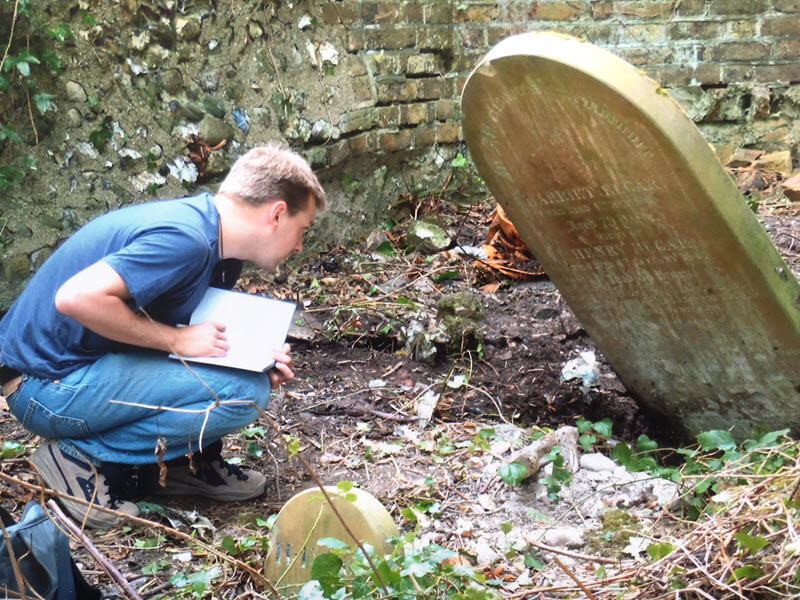
Photo courtesy of Nathan Dylan Goodwin
At the point when I actually start writing I probably have about 60% of the storyline mapped out. It’s a big cliché to say so, but for me the characters really do come to life and do things which I hadn’t anticipated. For the first few books I found it a little unnerving to be starting to write something that I didn’t know pretty well 100% what was going to happen, but now I trust myself and I know I’ll get to the end if I let the characters lead the way!
Lisa Louise Cooke: Where do you get your inspiration for the story lines in your books?
Nathan: My ideas come from a variety of sources, but never by actively searching for the next story; I just seem to stumble on a nugget of an idea, which I think could make for an interesting genealogical crime mystery and make a note of it! It can be a news story involving history or genealogy in some way, something I’ve picked up from a family history publication, or a Facebook group where people share their own genealogical mysteries.
Increasingly, the books have more real-life characters, plotlines and locations. For example, The Spyglass File, which is set on the frontline of Kent during the Battle of Britain, was loosely based on my grandmother’s story, whereby she gave birth to an illegitimate child in 1943, whom she put up for adoption whilst my grandfather was a POW in Thailand.
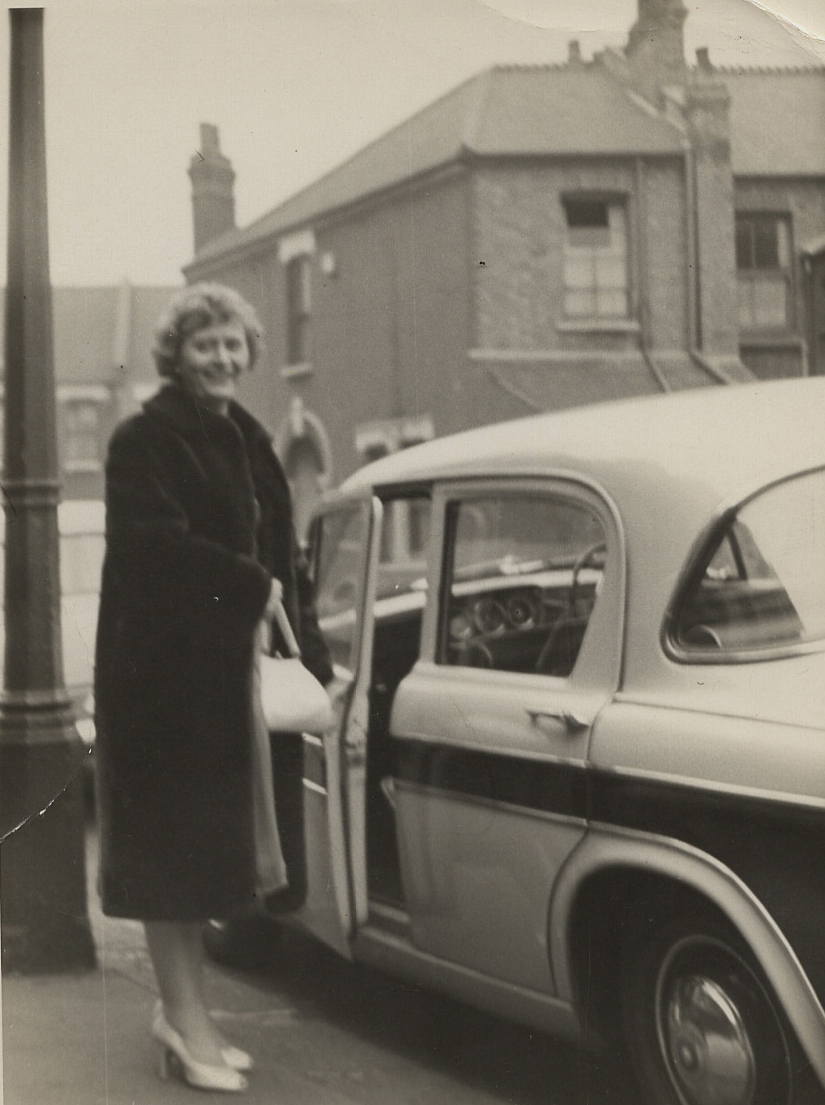
Nathan’s Grandmother – Photo courtesy of Nathan Dylan Goodwin.
The Sterling Affair is based on nefarious goings-on during the 1950s and involves real undercover MI6 operations and real spies. The idea for this story came from the National Archives newsletter, which mentioned the release of some previously closed MI6 records. This got me thinking about someone trying to conceal their real identity and Morton having to use his skills to work out who he might be!
Lisa Louise Cooke: For those new to your books, they will see that this is the eighth novel in the series and wonder if it’s too late to join in. Can the book be read and enjoyed as a stand-alone novel?
Nathan: I always say that the books can be read as a stand-alone, but you would be missing out on Morton’s backstory. However, with The Sterling Affair there is not too much given away about his own past, so, of all of the stories, this is the most readable out of sequence!
Lisa Louise Cooke: When you’re not writing about Morton Farrier, what is your favorite way to spend free time?
Nathan: I’m not sure what you mean by ‘free time’!? Obviously, I spend a lot of time on genealogy. I’ve been researching my own family for thirty years now and I feel very fortunate to be able to combine my two loves of writing and genealogy. Aside from that, I enjoy reading, running, skiing, theatre and spending time with my family, friends and dog.
Lisa Louise Cooke: You’re a man of many talents. Do you have other “wishlist” projects you yearn to do in addition to writing?
Nathan: I enjoy photography and would like to develop that at some point in the future and I really would like to take a watercolour painting class at some point. I just need some of that free time you mentioned!

A man of many talents – Photography by Nathan Dylan Goodwin
Lisa Louise Cooke: I’ll be at RootsTech again this year. Will we see you there?
Nathan: I shall have a booth at RootsTech SLC this year signing books and also at THE Genealogy Show in Birmingham once again. So people can come and say hello and let me know what they think of my stories. I love chatting with my readers!
Hear More from Nathan Dylan Goodwin
Read and hear more from genealogical author Nathan Dylan Goodwin in the following exclusive Genealogy Gems content:
- Genealogy Gems Podcast episode 180 features an Interview with Nathan Dylan Goodwin author of The Lost Ancestor.
- Genealogy Gems Podcast episode 179 features a discussion of The Lost Ancestor by Nathan Dylan Goodwin.
- Interview with Nathan Dylan Goodwin: Genealogy Gems Book Club – In this article from 2015 Nathan discusses the second book in the Morton Farrier series, The Lost Ancestor.
- Listen to the full-length Genealogy Gems Book Club interview with Nathan Dylan Goodwin, as he discusses The Lost Ancestor (The Forensic Genealogist) in Genealogy Gems Premium Podcast episode 125 (exclusive for Genealogy Gems Premium Members.)
- Listen to our interview with Nathan Dylan Goodwin about his The Wicked Trade and The Suffragette’s Secret in Genealogy Gems Premium Podcast episode 159 (exclusive for Genealogy Gems Premium Members.
Catch up on the Morton Farrier
Learn more about the entire book series featuring Morton Farrier here in this Genealogy Gems Book Club article.
by Sunny | Dec 4, 2017 | 01 What's New, Book Club, Irish
These three must-read titles from our Genealogy Book Club would be great stocking stuffers for yourself or someone you love. See my newest book recommendations for family history lovers by best-selling authors Christina Baker Kline (Orphan Train) and A.J. Jacobs (The Year of Living Biblically)–and another author I recently discovered and couldn’t stop reading.
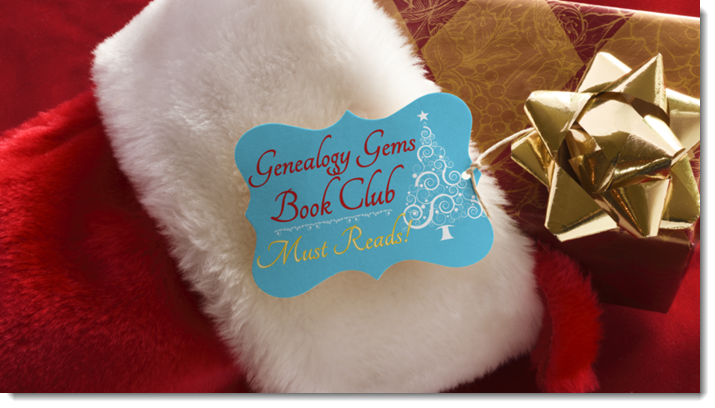
3 Must-Read Books for Family History Lovers
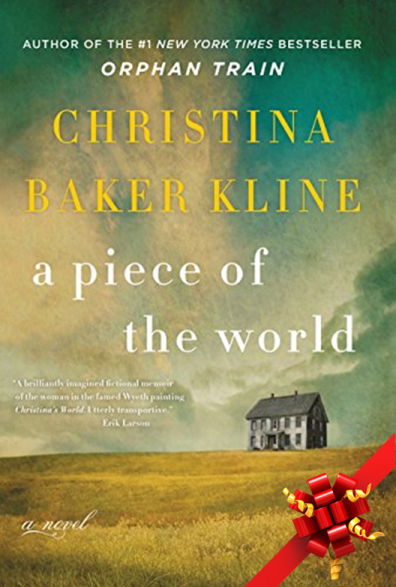 “You can never escape the bonds of family history, no matter how far you travel. And the skeleton of a house can carry in its bones the marrow of all that came before.” So says the Prologue to a new novel by best-selling novelist Christina Baker Kline, whose novel Orphan Train has been loved by millions around the world (and a lot of Genealogy Gems Book Club fans–we featured it in 2014).
“You can never escape the bonds of family history, no matter how far you travel. And the skeleton of a house can carry in its bones the marrow of all that came before.” So says the Prologue to a new novel by best-selling novelist Christina Baker Kline, whose novel Orphan Train has been loved by millions around the world (and a lot of Genealogy Gems Book Club fans–we featured it in 2014).
A Piece of the World is a unique and irresistible story about a woman whose physical disabilities and family’s demands keep her adventure-loving spirit firmly homebound. Granted, her home is a fascinating place: a 1700s-era home on the coast of Maine that has been passed down for several generations. But the noble legacy of the home instills a sense of obligation in those who live there now: do they stay on the family land at all costs, even the cost of their happiness and health? What happens when a family’s heritage becomes a burden, not a blessing?
Those who love American art will love that the main character, Christina, was inspired by the subject of the Andrew Wyeth painting, Christina’s World. (You can see an image of the painting here.) Christina was a real person who lived in this home. Andrew visited her and her brother and painted them many times. So the characters and setting are real, and the house is actually a National Historic Landmark now. Christina Baker Kline’s “fictional memoir” gives this historical Christina a powerful, honest, and insightful voice: the voice of a person who sees and tells it like it is–except the parts she just can’t see for herself.
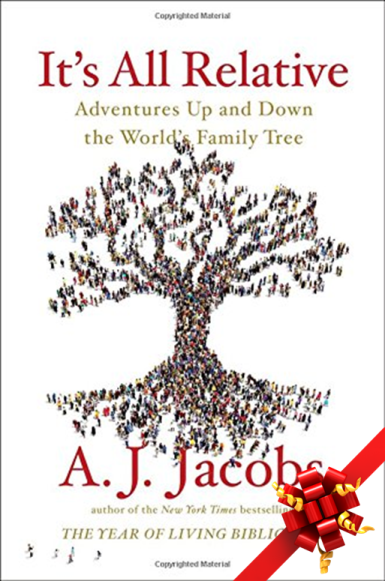 You could say A.J. Jacobs is famous for asking questions that seem both important and inane, and then pursuing the answers and writing about it. That’s what he did with his best-selling book The Year of Living Biblically, a chronicle of the time he tried to obey every rule in the Bible. Now he’s done it again in his new book, It’s All Relative: Adventures Up and Down the World’s Family Tree.
You could say A.J. Jacobs is famous for asking questions that seem both important and inane, and then pursuing the answers and writing about it. That’s what he did with his best-selling book The Year of Living Biblically, a chronicle of the time he tried to obey every rule in the Bible. Now he’s done it again in his new book, It’s All Relative: Adventures Up and Down the World’s Family Tree.
The questions A.J. set out to answer here were, “Who is really my family? And what would happen if I tried to host the world’s biggest family reunion?” He’s been working on this topic for a while. Remember the Global Family Reunion in 2015? That was his brainchild. He also spoke at RootsTech in 2016.
A.J.’s voice is witty with lots of digressions, pop culture references, and a definite urban beat (NYC, specifically). He meditates on what genealogical connections mean to him and the larger story the world’s family tree tells us. Like, we’re all related, and therefore shouldn’t we get along better? But with the quick disclaimer that he’s not inviting us all over for New Year’s brunch. He did that already at the Global Family Reunion–which he reports on in detail. (Did it succeed? Did it fail? I’ve been wondering myself since 2015). In the appendix, he recommends all kinds of genealogy how-to resources, including Genealogy Gems.
If you yourself are somewhat relaxed and perhaps even a little irreverent about your genealogy hobby, you’ll likely really enjoy this book. What about the more earnest family historians? It’s still worth a glimpse into how others see us. A.J. comes peeking into the world of genealogy ready to crack jokes. And he does plenty of that. But he also comes away with a great deal of respect for the stories and relationships that can–and should, he says–bring us closer together.
3. Shannon by Frank Delaney
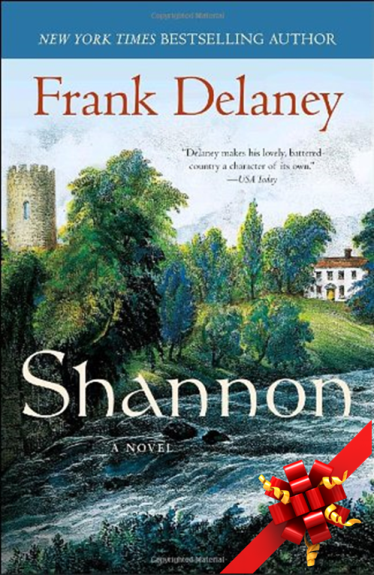 This isn’t a new book this year–it’s a classic I only recently discovered and can’t recommend more enthusiastically! I listened to the audiobook version, which the author narrates himself with great skill. Now I’m going to buy the print version so I can re-read, underline, and dog-ear all the passages that made me swoon. Oh. My. Goodness. Frank Delaney is a MASTER storyteller. He crafts every sentence, every image. You can practically see the story lines unfold, hear every action, smell it. I gasped, I cried, I laughed–all out loud in the car as I listened.
This isn’t a new book this year–it’s a classic I only recently discovered and can’t recommend more enthusiastically! I listened to the audiobook version, which the author narrates himself with great skill. Now I’m going to buy the print version so I can re-read, underline, and dog-ear all the passages that made me swoon. Oh. My. Goodness. Frank Delaney is a MASTER storyteller. He crafts every sentence, every image. You can practically see the story lines unfold, hear every action, smell it. I gasped, I cried, I laughed–all out loud in the car as I listened.
Shannon is a stunning tale: Father Shannon, an American Catholic priest of Irish descent, has serious “shell-shock” trauma after serving in the trenches of World War I. His archbishop sends him on a respite trip to Ireland to travel up the Shannon River looking for his family roots. He lands in the middle of an Irish Civil War—but also encounters person after person who helps him rediscover his faith in humanity and the restorative balm of daily life. Meanwhile, intrigue is afoot within his home archdiocese. A killer, who has his own traumatic backstory in Ireland, is dispatched to make sure Father Shannon never returns home. Their stories converge in a place of love, but also far too close to a place of pain. And that’s all I’m going to tell you about it. Read it or listen–and then clear a spot on your reading list for his epic novel, Ireland, which I read immediately after this one and also loved.
Genealogy Book Club: It’s All about YOU
 The Genealogy Gems Book Club is a service we provide the genealogy community because we love giving you more to talk and think about! We handpick our favorite mainstream fiction and nonfiction books that have great genealogy themes, such as someone searching out their family history, the complexities of family relationships, and the fascinating times and places our ancestors experienced.
The Genealogy Gems Book Club is a service we provide the genealogy community because we love giving you more to talk and think about! We handpick our favorite mainstream fiction and nonfiction books that have great genealogy themes, such as someone searching out their family history, the complexities of family relationships, and the fascinating times and places our ancestors experienced.
As a special bonus, we sometimes invite authors of our Book Club titles to join us on the Genealogy Gems Premium Podcast, available by subscription. It’s so fun to hear my favorite authors gush about the same kinds of topics I love! Hear from beloved and best-selling writers like Fannie Flagg, Annie Barrows, Helen Simonson, Lalita Tademy, and a favorite of genealogists around the world, Nathan Dylan Goodwin. Click here to see our full book list and where you can hear these interviews.
by Lisa Cooke | Sep 16, 2017 | 01 What's New, Book Club, Libraries, Listeners & Readers, Mobile
Your local library may offer free genealogy magazines and ebooks. Why choose them over print? So many reasons! No more late fees. Read on the go. Choose your font size. So go ahead: check out digital versions of that Genealogy Gems Book Club title you’ve been meaning to read, or the current issue of Family Tree Magazine. Here’s how.

Here in the U.S., it’s my favorite time of year: back-to-school! The weather slowly cools. My children shake off summer’s mental lethargy. My own schedule resumes a more predictable, productive rhythm. And after months spent outdoors, I rediscover my local library. Top on my library list this fall: free genealogy ebooks and magazines I can check out on my mobile device. It’s on-the-go reading for my favorite hobby–with no searching under my bed when items come due to avoid those pesky late fees.
Free Genealogy eBooks and Magazines
Genealogy Gems Premium Member Autumn feels the same way about free genealogy gems at her local library. Here’s a letter she wrote to Lisa Louise Cooke:
“I’m really enjoying both the Premium and free podcasts. I also like the addition of the Genealogy Gems Book Club. I haven’t read all the books yet but am adding them all to my wishlist on Overdrive, a free app that allows you to check out digital books for free from your local library. They don’t have every book but they have many, many books including some from the book club. Most libraries have a lot of biographies and histories available through Overdrive for free that are of interest to genealogists as well. Some libraries are adding video to their Overdrive offerings too.
Many of these same libraries offer magazines free as well. My library…use[s] Zinio, a magazine app. I only subscribe to a couple of magazines now because I can get so many for free through my library (not to mention keeping my home neater by not having them laying everywhere).”
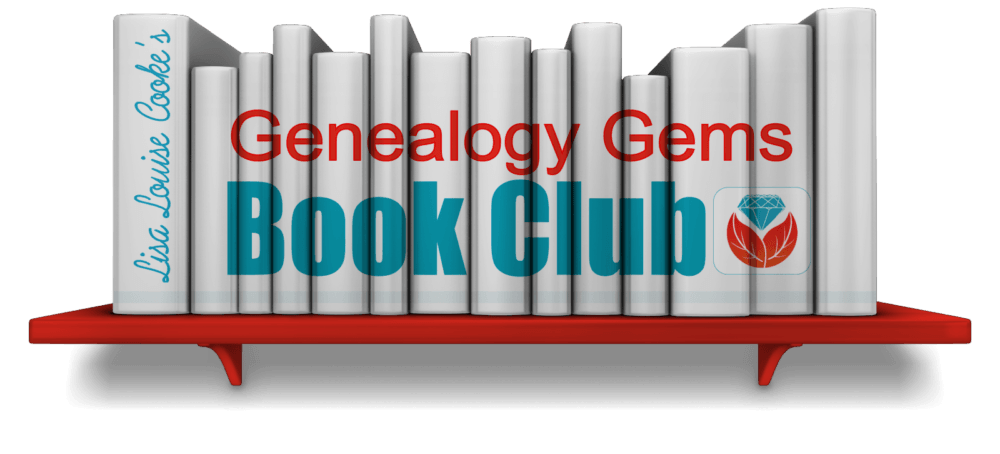 It makes me happy that Autumn is enjoying the Genealogy Gems Book Club. We hear from many avid readers who love browsing our list of mainstream fiction and nonfiction picks for family history lovers. As part of our book club, we interview every book club author, too–from beloved novelists like Fannie Flagg to acclaimed journalists, memoir writers, and historians who take their own unique approaches to family history themes. Hear excerpts of these interviews on the free Genealogy Gems Podcast; full interviews run on the Genealogy Gems Premium Podcast, available by subscription.
It makes me happy that Autumn is enjoying the Genealogy Gems Book Club. We hear from many avid readers who love browsing our list of mainstream fiction and nonfiction picks for family history lovers. As part of our book club, we interview every book club author, too–from beloved novelists like Fannie Flagg to acclaimed journalists, memoir writers, and historians who take their own unique approaches to family history themes. Hear excerpts of these interviews on the free Genealogy Gems Podcast; full interviews run on the Genealogy Gems Premium Podcast, available by subscription.
Overdrive and Zinio
At Autumn’s recommendation, I started using Overdrive through my local library. I love it! I’ve listened to several digital audiobooks on the road and at the gym through Overdrive and have read several ebooks, too. (I’m always on the hunt for the next Genealogy Gems Book Club title.) The books just disappear at the end of the lending period (hence the “no late fees” bonus).
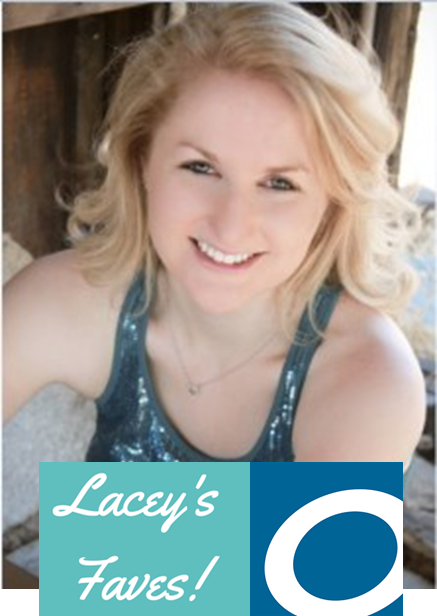 Genealogy Gems Service Manager Lacey Cooke loves Overdrive, too. She sent me these four reasons why:
Genealogy Gems Service Manager Lacey Cooke loves Overdrive, too. She sent me these four reasons why:
1. Download for Offline Listening: “You can download the ebooks, audiobooks, magazines etc. to your device so that you can enjoy them offline (great for traveling). They’ll still disappear once your lending period expires, but having them available offline is awesome. You don’t have to worry about data charges or slow internet connections.
2. The Wishlist: Autumn briefly mentioned the Wishlist feature. I love this feature because it gives me somewhere to save book titles that I’m interested in reading at some point, but I’m not ready to check out just yet.
3. Bookmark/Syncing: You can bookmark a page, then pick up where you left off. If you have the Overdrive app on multiple devices, the app syncs. I can start reading on one device, and pick up on another right where I left off.
4. Format Adjustments: You can adjust the font style, size, and color to make it easier for you to read. I like to pick a nice, clean font in a big size so there’s no strain on my eyes.”
It’s worth noting that if you don’t already have a library card with your local library, you may be required to sign up in person to get a card, even if you only plan on using the Overdrive app to request items online. New releases or popular titles may have a wait list to check out the ebook or audiobook (especially if the library only possesses one copy). If you do have to place an ebook on hold, you will be notified via email when it becomes available to you, so if you don’t check your email regularly, keep that in mind when you place a hold. Each library system is different, so of course, your experience may vary.
Another helpful tip: not every library offers Overdrive ebook checkouts. But sometimes you can use another library’s Overdrive privileges. Autumn sent a link to these instructions on how to do so. (Thanks, Autumn!)
Autumn also mentioned the Zinio app. My library doesn’t offer Zinio yet, so I spent a little time on its public search portal. That doesn’t have a browsable genealogy category, and searches for the terms family history, genealogy and ancestry came up empty. But I did finally find these titles:
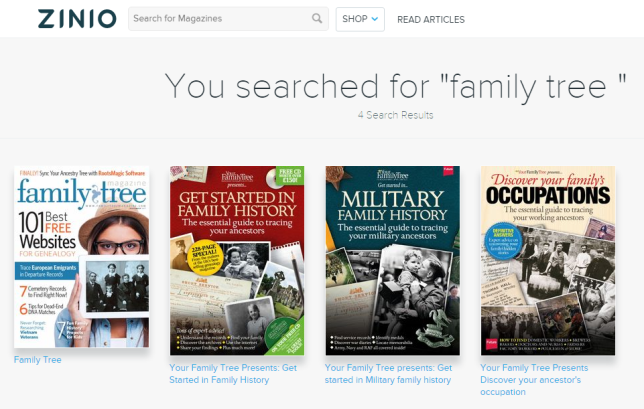
Lisa Louise Cooke, Genealogy Gems DNA expert Diahan Southard, and I are all frequent contributors to Family Tree Magazine, which we {heart} and recommend for its easy-reading research tips, hands-on tech and DNA tutorials, and the eye-candy layout.
More Free Genealogy Resources at Your Local Library
Of course, your local library may offer many additional free genealogy research and reading materials. Of tremendous value is access to Library editions of popular genealogy databases such as Ancestry, Findmypast, Fold3, and MyHeritage, along with institutional versions of historical newspaper databases. (Click here to learn more about the differences between the major genealogy websites.) Call your library or browse its website to see what resources may be available with your library card on site or even remotely from your own home or mobile device. And remember to watch for your library’s e-media options like those recommended by Autumn.
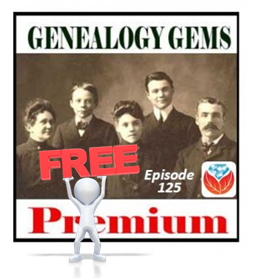 As a special shout-out to all the free genealogy resources at your library, Lisa Louise Cooke has granted free access for everyone to Genealogy Gems Premium Podcast episode #125. In this episode, Lisa has a full discussion about more free genealogy gems at public libraries with Cheryl McClellan. Cheryl is not only my awesome mom, she rocks professionally as the Geauga County, Ohio public library system staff genealogist!
As a special shout-out to all the free genealogy resources at your library, Lisa Louise Cooke has granted free access for everyone to Genealogy Gems Premium Podcast episode #125. In this episode, Lisa has a full discussion about more free genealogy gems at public libraries with Cheryl McClellan. Cheryl is not only my awesome mom, she rocks professionally as the Geauga County, Ohio public library system staff genealogist!
This Premium episode is usually exclusively for Genealogy Gems Premium members. If you love it, and you’re not already a member, consider gifting yourself a “back to school” subscription. It’s the most fun, energizing, apply-it-now genealogy learning experience you may ever have.






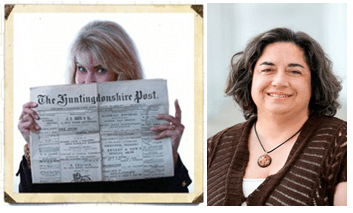
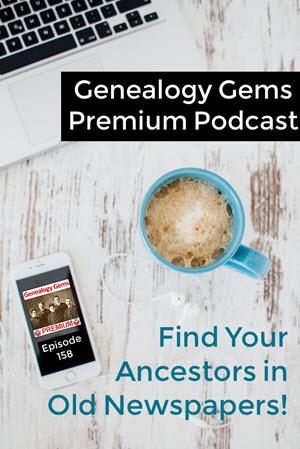

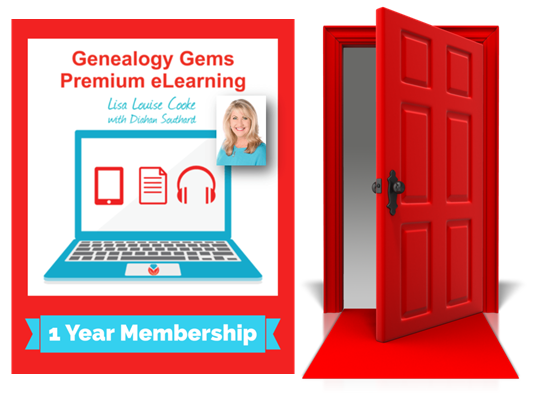
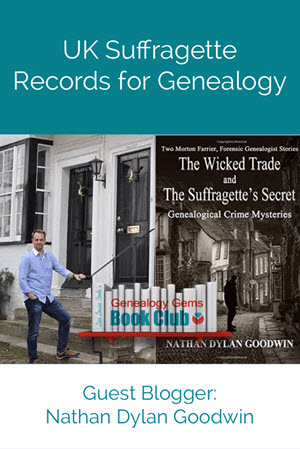
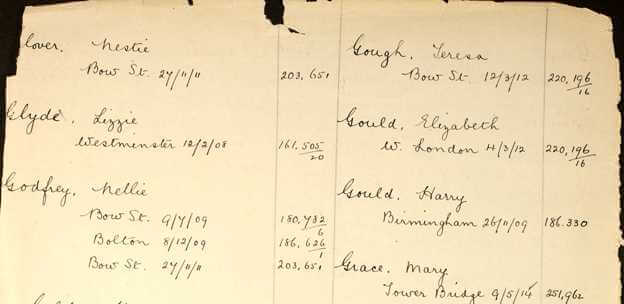

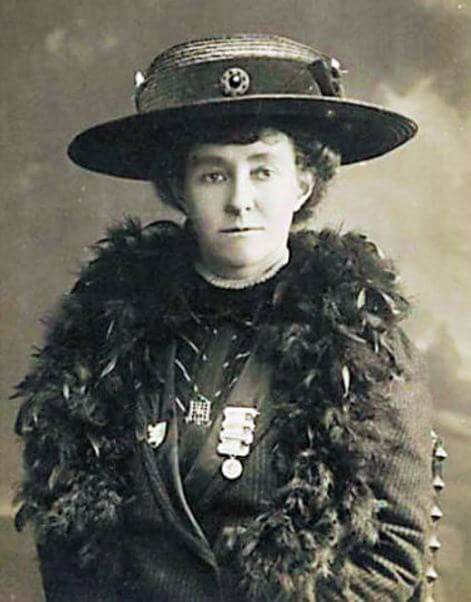
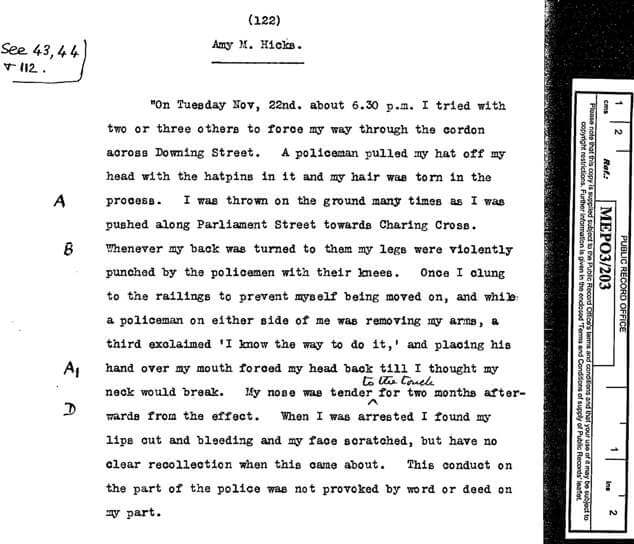
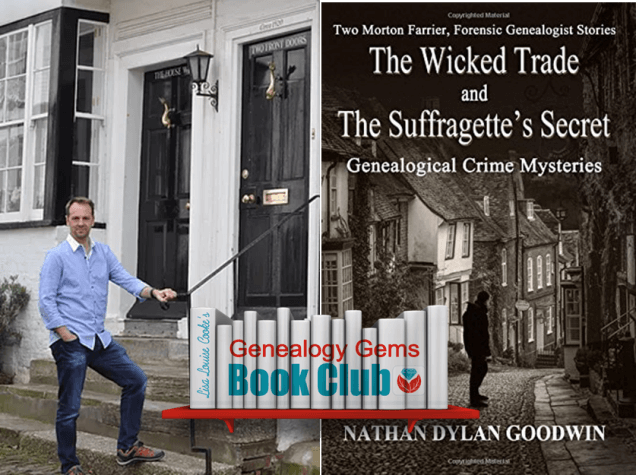

 “You can never escape the bonds of family history, no matter how far you travel. And the skeleton of a house can carry in its bones the marrow of all that came before.” So says the Prologue to a new novel by best-selling novelist Christina Baker Kline, whose novel
“You can never escape the bonds of family history, no matter how far you travel. And the skeleton of a house can carry in its bones the marrow of all that came before.” So says the Prologue to a new novel by best-selling novelist Christina Baker Kline, whose novel  You could say A.J. Jacobs is famous for asking questions that seem both important and inane, and then pursuing the answers and writing about it. That’s what he did with his best-selling book The Year of Living Biblically, a chronicle of the time he tried to obey every rule in the Bible. Now he’s done it again in his new book,
You could say A.J. Jacobs is famous for asking questions that seem both important and inane, and then pursuing the answers and writing about it. That’s what he did with his best-selling book The Year of Living Biblically, a chronicle of the time he tried to obey every rule in the Bible. Now he’s done it again in his new book,  This isn’t a new book this year–it’s a classic I only recently discovered and can’t recommend more enthusiastically! I listened to the audiobook version, which the author narrates himself with great skill. Now I’m going to buy the print version so I can re-read, underline, and dog-ear all the passages that made me swoon. Oh. My. Goodness. Frank Delaney is a MASTER storyteller. He crafts every sentence, every image. You can practically see the story lines unfold, hear every action, smell it. I gasped, I cried, I laughed–all out loud in the car as I listened.
This isn’t a new book this year–it’s a classic I only recently discovered and can’t recommend more enthusiastically! I listened to the audiobook version, which the author narrates himself with great skill. Now I’m going to buy the print version so I can re-read, underline, and dog-ear all the passages that made me swoon. Oh. My. Goodness. Frank Delaney is a MASTER storyteller. He crafts every sentence, every image. You can practically see the story lines unfold, hear every action, smell it. I gasped, I cried, I laughed–all out loud in the car as I listened.


 Genealogy Gems Service Manager Lacey Cooke loves Overdrive, too. She sent me these four reasons why:
Genealogy Gems Service Manager Lacey Cooke loves Overdrive, too. She sent me these four reasons why:




